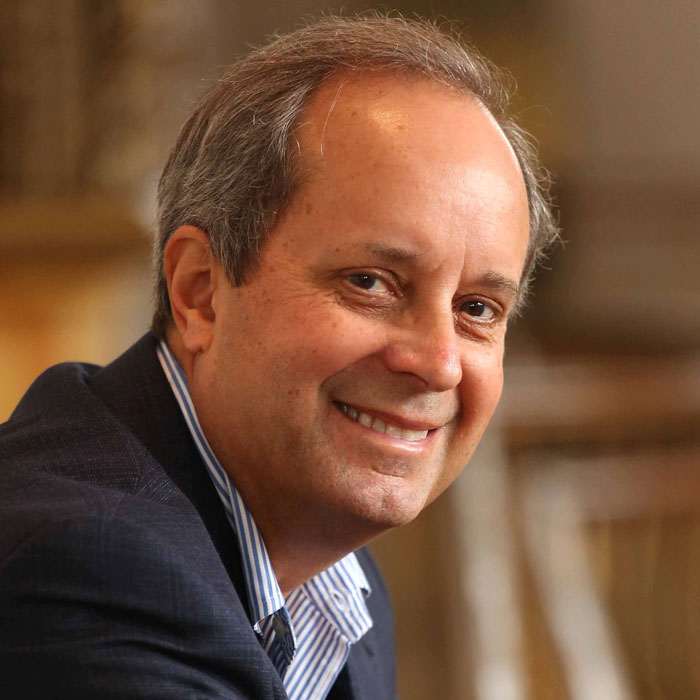Suggestions for Regulating Disaster Philanthropy Scams
For those of us who work in the disaster philanthropy field, we are frequently reminded about the generosity of the American people. It’s a wonderful thing to behold. When disaster strikes, Americans can consistently be counted on to donate large sums of money. Indeed, much of the work of first responders relies solely on receiving […]
For those of us who work in the disaster philanthropy field, we are frequently reminded about the generosity of the American people. It’s a wonderful thing to behold. When disaster strikes, Americans can consistently be counted on to donate large sums of money. Indeed, much of the work of first responders relies solely on receiving charitable contributions; without it they wouldn’t be able to stay in business. Likewise nonprofit organizations rely on tireless and enthusiastic volunteers to provide much of the people-power needed to supply services to disaster survivors. American corporations provide millions of dollars in products and services. It’s a system that may not be perfect, but there are lots of reasons to admire the good will and be proud of our fellow Americans.
I mention all this because several weeks ago I was asked to speak before the annual conference of the National Association of Charity Officials (NASCO). Members of this organization represent the state attorneys general and secretaries of state offices that oversee charity activities at the state level. They see not only the good, but also the bad and the ugly too. They see disasters as one of the times when the American public is most vulnerable and most subject to exploitation. They worry about people who take advantage of the public’s sympathy for disaster victims by creating phony organizations or using contributions for personal gain. They see all manner of illicit online schemes, deceptive fundraising, and too-good-to-be-true hard luck stories.
So when they invited me to attend their conference, NASCO members wanted to hear ideas on what they can do to stop abuses. I gave them five suggestions:
- Educate and Inform. Work with CDP to publish guidelines about effective disaster philanthropy and the life cycle of disasters.
- Encourage More Feedback from the Public. Use social media and hot lines to encourage the public to report when something deceptive is going on during a disaster.
- Improve oversight of organizations and individuals during disasters. Is it time to require some kind of registration or license for those fundraising during disasters?
- Require financial and activity reporting after a disaster from organizations raising money for a disaster.
- Monitor Funds that are established:
- What is the Purpose?
- Require transparency about decision-making
- Require reports on how and when the money was spent
It’s not an easy issue. But an important one central to retaining the confidence and trust of the American public. I’d welcome your thoughts and suggestions.
